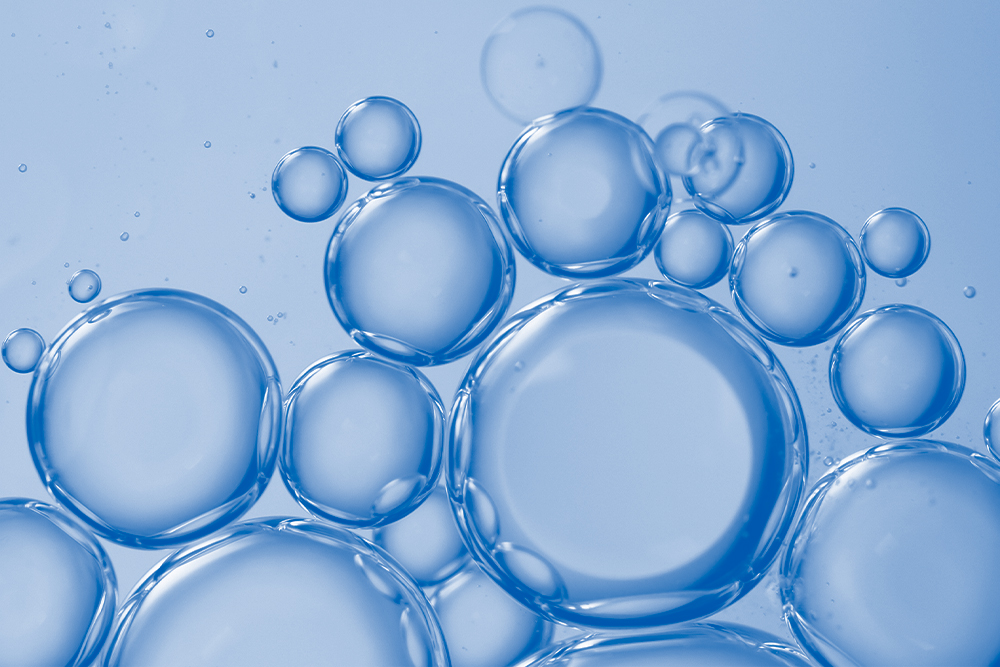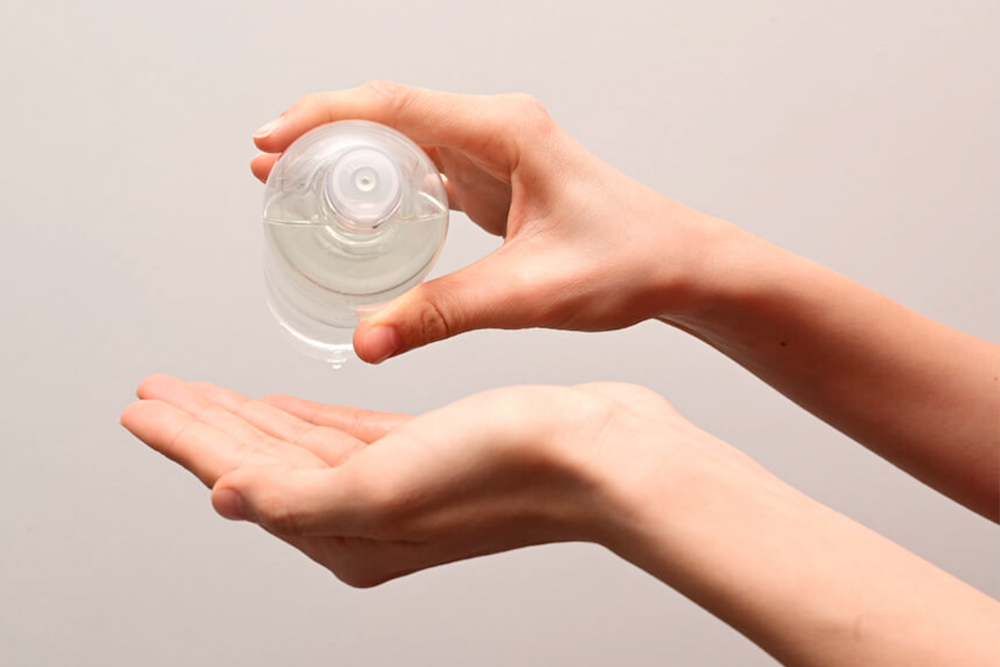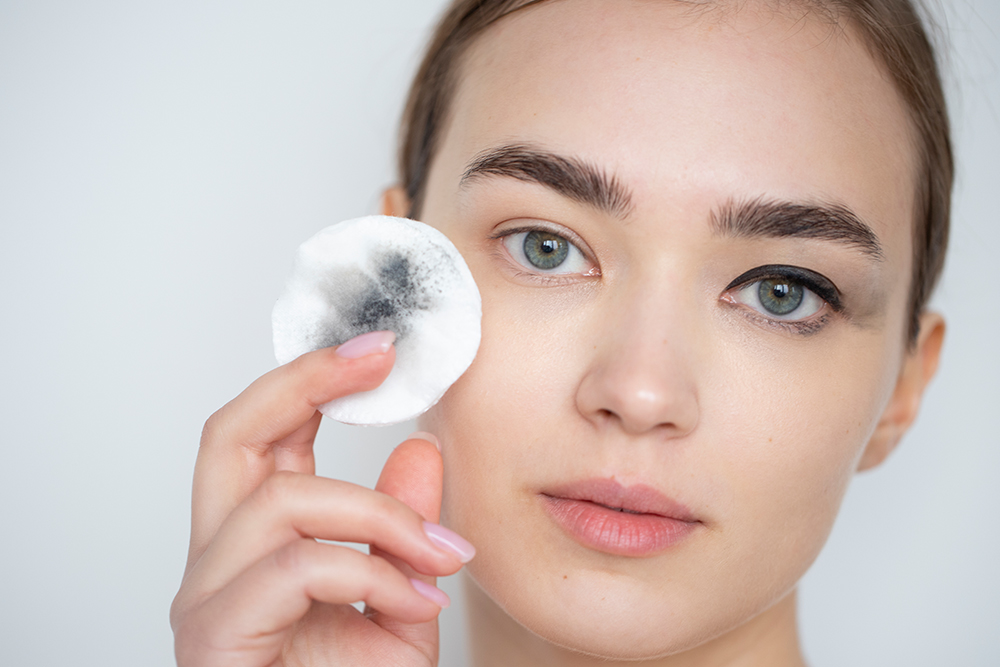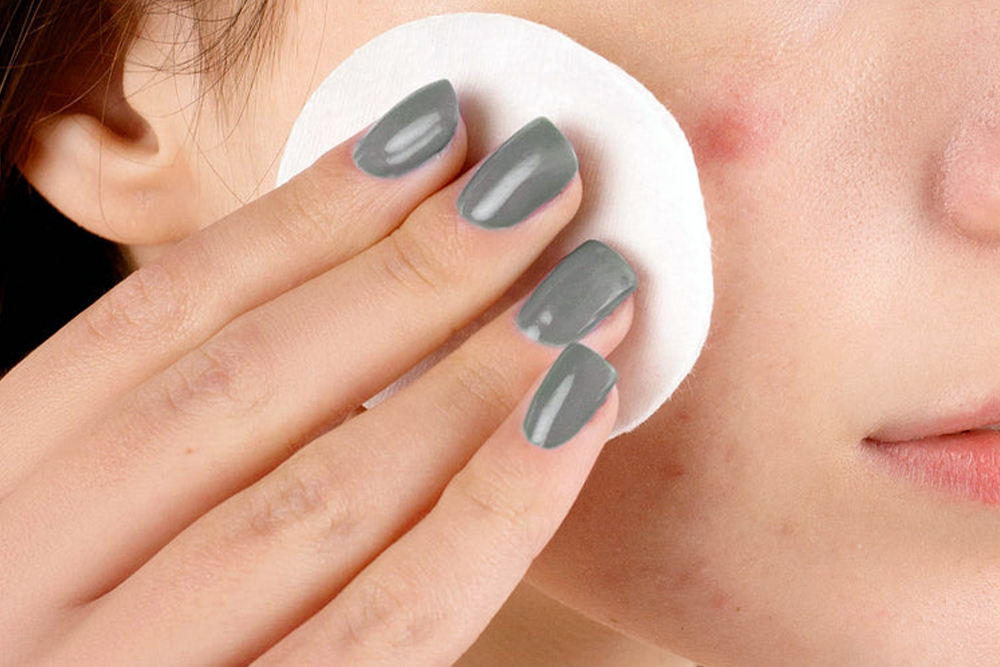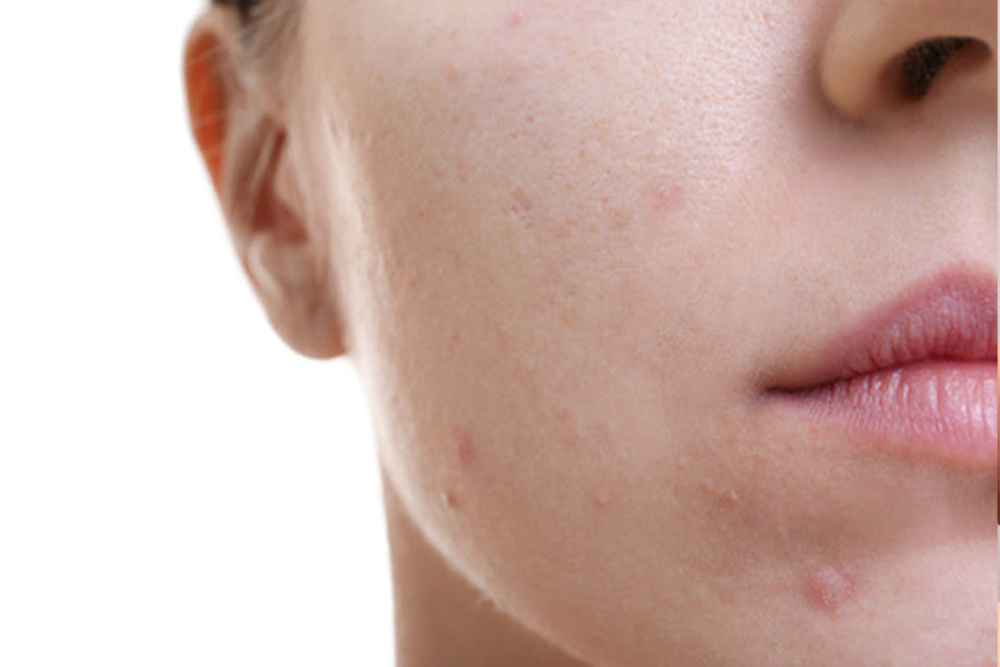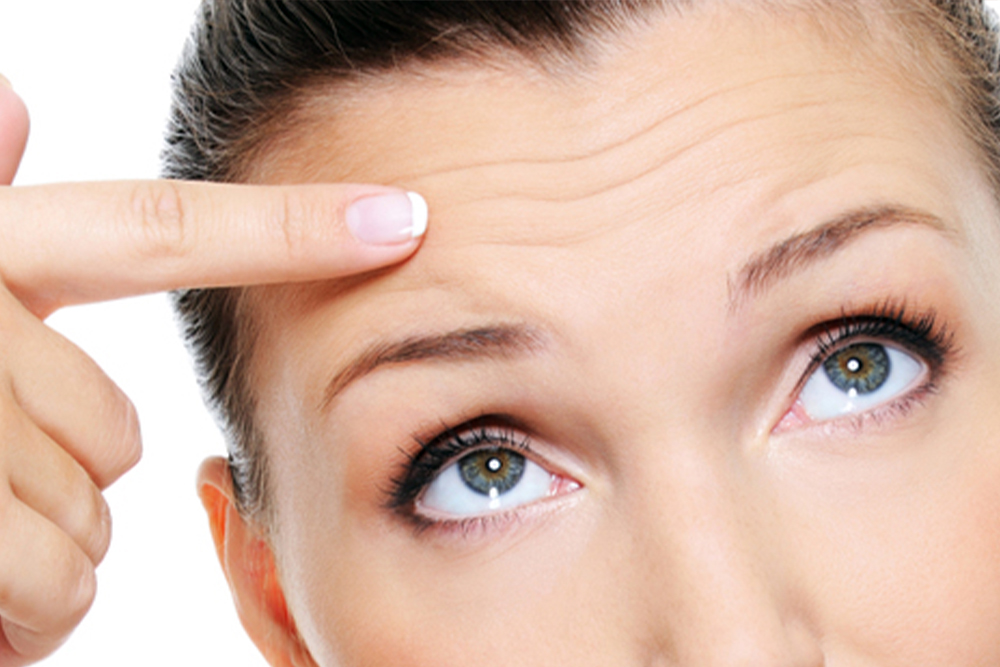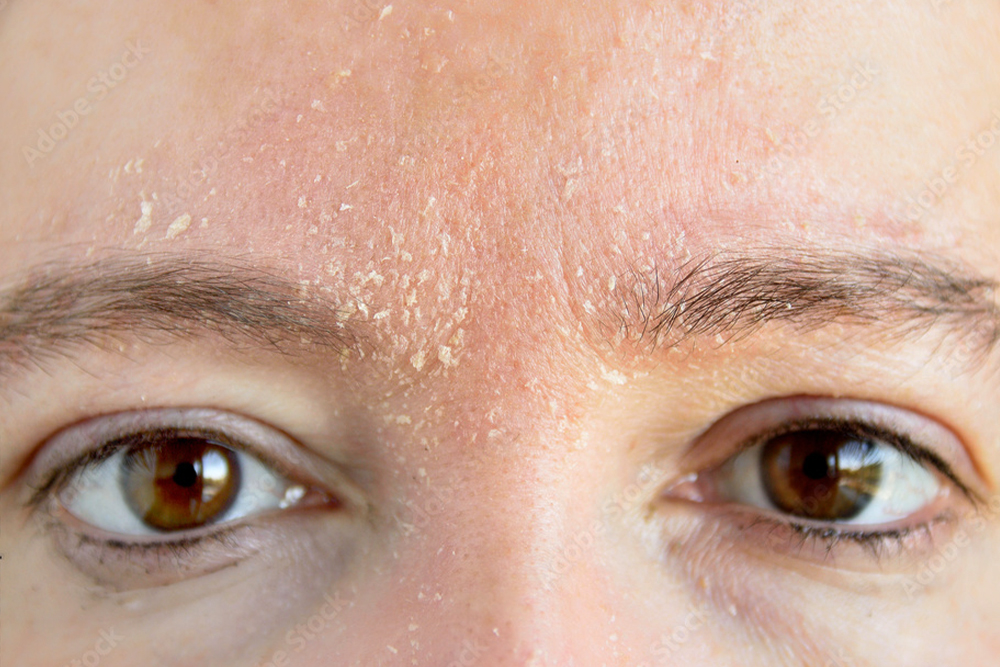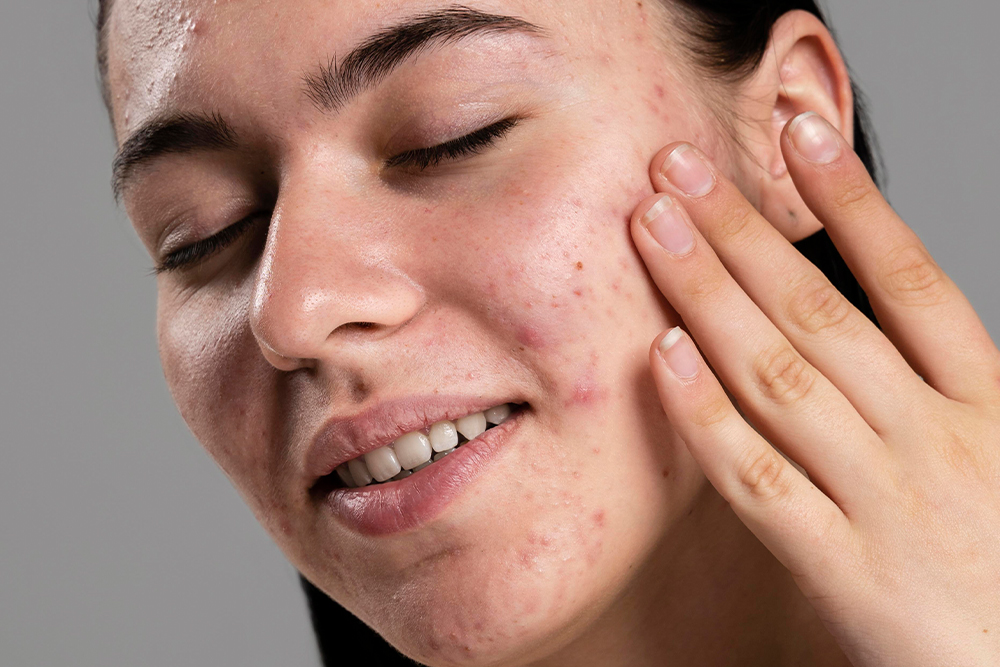Alcohol in Cosmetic Products
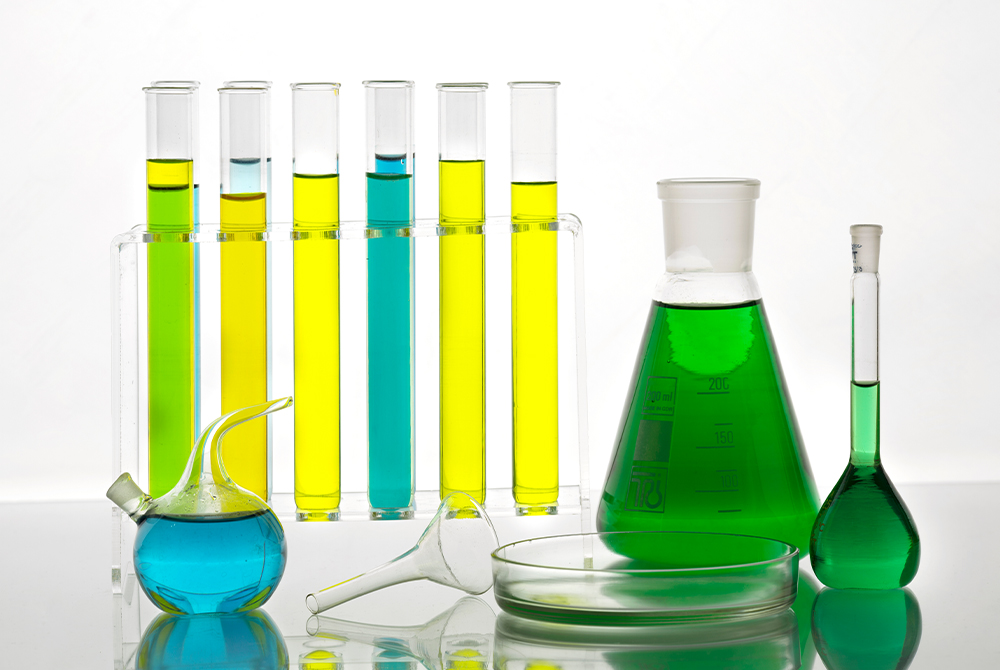
Posted By Edge
| Hey there! Are you curious about the use of alcohol in cosmetic products? You're not alone! Alcohol is a common ingredient in many beauty products, but it can be a bit confusing to understand why it's used and whether it's good or bad for your skin. The truth is, alcohol can have both pros and cons when it comes to cosmetics. So, it's important to understand the different types and how they affect your skin. Let's take a closer look at what alcohol does, why it's used, and how it can affect us. So, grab a seat, and let's dive in! Alcohol is used in cosmetic products for a variety of reasons. It has high volatility, which allows it to evaporate quickly after application, and it has drying and antimicrobial properties that make it useful in facial toners and other skin care products. It can also facilitate the penetration of active ingredients into the superficial layers of the skin and promote the deposition of ingredients on the skin or hair. Alcohol can have both benefits and drawbacks when it comes to cosmetics. While it can help cleanse the skin, reduce inflammation, and prevent breakouts, it can also be drying, irritating, and damaging to the skin's natural barrier. The Pros of Alcohol in Cosmetics
The Cons of Alcohol in Cosmetics
Different Types of Alcohol in Skincare One of the largest problems with categorizing alcohol used in skincare as either “good” or “bad” is that the term “alcohol” is a generalization in itself. There are three primary types of alcohol that you might find in the ingredient lists of various topical products. These are: 1. Simple alcohols. Simple alcohols include substances such as methanol, ethanol, propanol, and denatured alcohol and are primarily used in skin care for their antibacterial properties. They may also be added to act as solvents for other ingredients in the formula. Although these alcohols can dry out the skin if applied alone or in large enough concentrations, when combined with the right ingredients in the proper ratios, these alcohols shouldn’t negatively affect the skin and may aid in ingredient delivery, according to cosmetic chemist Perry Romanowski Examples: ethanol, propanol - Used in skincare for their antibacterial properties. 2. Fatty alcohols. Some of the most common examples of fatty alcohols used in skincare products include cetearyl alcohol, cetyl alcohol, and isostearyl alcohol. Unlike simple alcohols, fatty alcohols have emollient and occlusive characteristics. These ingredients can actually help to keep the skin hydrated, making them beneficial in many types of topical products. Examples: cetearyl alcohol, cetyl alcohol - Can help to keep the skin hydrated. 3. Aromatic alcohols. Skincare products that contain fragrances may utilize aromatic alcohols such as benzyl alcohol or components of essential oil concentrations. These ingredients may cause skin irritation or dryness, especially for those with sensitive skin. To avoid this type of alcohol, choose fragrance-free products. Example: benzyl alcohol - Used in skincare products that contain fragrances and may cause skin irritation or dryness especially in sensitive skin. In labeling, the term "alcohol," used by itself, refers to ethyl alcohol. Products labeled as "Alcohol-free" may contain other kinds of alcohol, specifically fatty alcohols like cetearyl or lanolin, and their effects on the skin are quite different. Isopropyl alcohol, which some consumers may think of as drying the skin, is rarely used in cosmetics. "Good" vs. "Bad" Alcohol As previously mentioned, there are various kinds of alcohol. Ethanol is categorized as a bad alcohol because it damages and dries the skin. Oftentimes, denatured alcohol is mixed with phthalates. This is problematic because high concentrations may lead to infertility and diabetes. Fatty alcohol is categorized as a "good" alcohol and is obtained from plant fatty acids. They are non-toxic, well tolerated by the skin and biodegradable. This type of alcohol has conditioning and moisturizing properties while relieving any irritations. An example would be fatty alcohol derived from coconuts. These substances are used in the natural cosmetics industry as emollients or thickeners. The only disadvantage is that they cannot be mixed with water. Here are a few that fall into this category: Behenyl Alcohol, Cetearyl Alcohol, Cetyl Alcohol, Lanolin Alcohol and Stearyl Alcohol. Is Alcohol Harmful For Our Skin Large doses of ethanol cause the sebaceous layer of the skin to be destroyed. It possesses hygroscopic qualities, which causes the skin to lose moisture and become dry and cracked. The result is lessened when combined with water. In products with an alcohol level of 5% or less, there is no risk of skin drying out because the alcohol evaporates completely as the product is being applied to the skin. It develops its anti-microbial preservation characteristics within the formulation. In contrast, utilizing chemical preservatives harms skin more since parabens stick to the skin and are eventually absorbed by the body. In summary, when it comes to choosing the right skincare products for you, it’s essential to first check product labels. Identifying the type and concentration of alcohol used is the first step. If alcohol is listed as the second ingredient, the product has a higher alcohol concentration and shouldn't be used by people with sensitive skin. References:https://inside-our-products.loreal.com/ingredients/alcohol-cosmetics https://rawbeautysource.com/alcohols-in-skincare-and-cosmetics/ https://www.ecco-verde.com/info/beauty-blog/alcohol-in-cosmetic-products-harmful-or-beneficial https://www.chemicalsafetyfacts.org/chemicals/ethanol/ |
